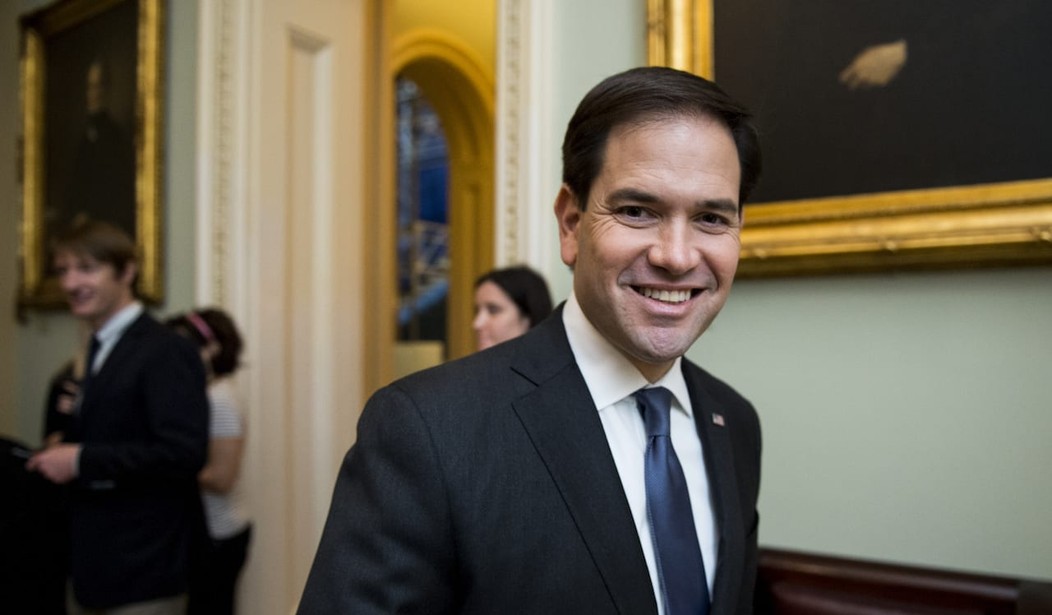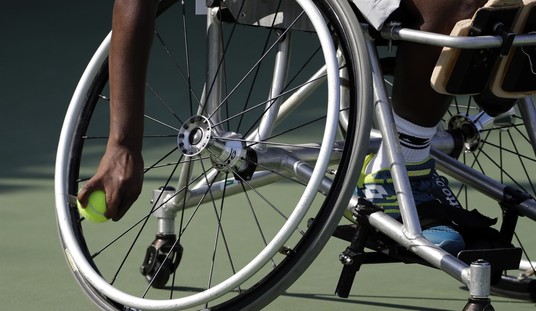Citing “an effort by a foreign government to interfere with our electoral process,” Senator Marco Rubio told ABC News he would not discuss or use the hacked emails published by WikiLeaks.
Rubio’s stand puts him directly at odds with Donald Trump and other Republicans, who have been relentlessly hammering Clinton and her campaign over the content of the hacked emails.
“WikiLeaks has provided things that are unbelievable,” he said at a rally in Colorado on Tuesday, accusing the media of ignoring the leaks. “The media, you have to remember, is an extension of the Hillary Clinton campaign. It’s an extension. And without that, she would be nowhere.”
While Trump regularly slams the news media for not paying enough attention to the stolen emails, Rubio argues that making an issue out of the WikiLeaks disclosures plays into the hands of the Russian government.
“I will not discuss any issue that has become public solely on the basis of WikiLeaks,” Rubio tells ABC news.
Earlier this month, the United States government publicly accused Russia for a series of hacks and email leaks that targeted U.S. political institutions — intrusions that top officials said were authorized at the highest levels of the Russian government.
For his part, Trump not only talked about the hacked emails in the first two debates but also raised questions about about whether Russia was really behind the hacking.
ABC News has not verified the authenticity of the alleged emails released by WikiLeaks. The Clinton campaign won’t confirm or deny the veracity of the posted messages and has blamed Russia for the email hacks. The FBI says it is investigating.
I find it amusing that WikiLeaks has all of a sudden become unreliable since anything they published before — especially if it harmed America or put the U.S. in an unfavorable light — was taken as gospel.
Also note that ABC refers to the “illegal,” “alleged” and “stolen” emails. Four days ago they were “hacked” emails — not a word about them being stolen or illegal. That is, as NPR reports, after the Clinton campaign set the narrative:
The Clinton campaign is refusing to verify the authenticity of any of the documents, which it describes as stolen.
But stolen or not, does Rubio have a point? He almost makes it out to be unpatriotic to bring up the hacked emails.
That’s very noble of Senator Rubio but it’s hardly the question. At its most basic, politics is a zero-sum game: you either win, or you lose, and you don’t get points for being nice or ethical.
If Rubio wants to put himself on a pedestal and appear above such sordid politics, that is his choice. He is very likely to be re-elected and doesn’t need the emails to win.
Trump, on the other hand, is likely to lose and any chance that he can get back in the game rests on how he uses the hacked emails from here on out. It’s not a moral question. It’s doing what’s necessary for victory.
The reality is that winning creates its own morality, its own justifications. Once in office, we hope the winning candidate acts morally and honorably, but more often than not, our presidents have fallen short in that regard. The bar has been lowered so much that now about the only thing we can rightfully expect is competence in running the government.
Donald Trump has about three weeks to convince the voters that they can’t trust Hillary Clinton to act honorably as president. If the hacked emails can help in that regard, he has an obligation to his supporters, his party, and his candidacy to use them.









Join the conversation as a VIP Member